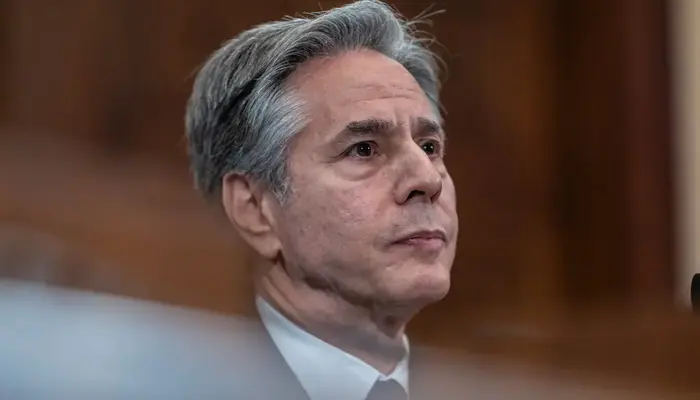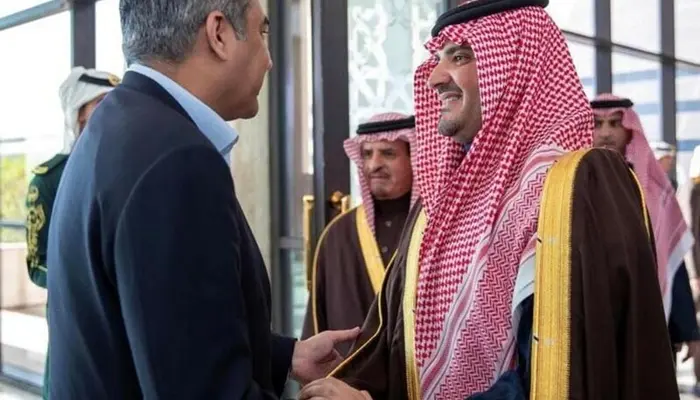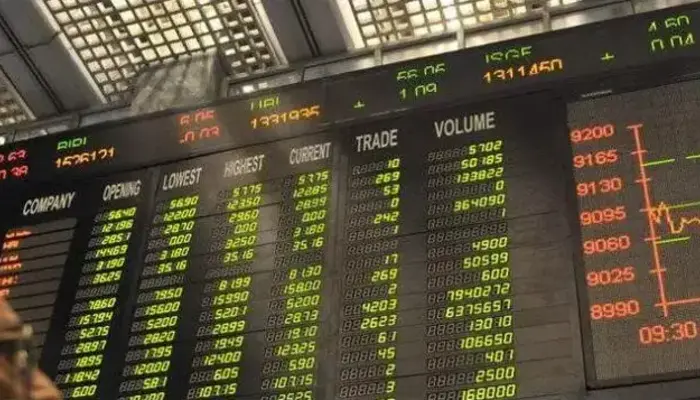Biden’s Administration Pushes Diplomacy in Syria and Gaza

In a final diplomatic effort, President Joe Biden’s administration is engaging Middle Eastern allies to address the political transition in Syria and the ongoing war in Gaza. The high-level initiative underscores the United States’ aim to stabilize the region before Biden leaves office.
U.S. Focus on Syria’s Transition
U.S. Secretary of State Antony Blinken met with Jordan’s King Abdullah in Aqaba to discuss the aftermath of Bashar al-Assad’s overthrow in Syria. Blinken emphasized the need for an inclusive, non-sectarian political transition that safeguards minority and women’s rights. He also highlighted the critical role of the U.S.-backed Syrian Democratic Forces (SDF) in preventing a resurgence of ISIS.
“Syria must not become a base for terrorism or a threat to its neighbors,” Blinken stated, underscoring the importance of international support for a stable transition. After the talks in Jordan, he traveled to Turkey to engage in further discussions with regional stakeholders.
Regional Implications of Assad’s Overthrow
The fall of Assad has reshaped regional dynamics. Israel intensified airstrikes on Syrian infrastructure, citing security threats, while Turkey escalated its efforts against the SDF, which it views as linked to the Kurdistan Workers’ Party (PKK). Blinken acknowledged Turkey’s security concerns but stressed the importance of avoiding further conflict in Syria.
The U.S. faces the challenge of balancing its partnership with the SDF while addressing Turkey’s demands. Blinken noted that the SDF remains critical to curbing ISIS activity but reiterated Washington’s recognition of Turkey’s legitimate security interests.
Sullivan’s Diplomatic Push on Gaza
While Blinken focused on Syria, National Security Adviser Jake Sullivan held talks in Jerusalem with Israeli leaders. Sullivan lauded Israel’s military strength following its 14-month war with Hamas, emphasizing the shifting balance of power in the Middle East. He stated, “Israel is stronger, Iran is weaker, and its proxies have been significantly diminished.”
Sullivan aims to advance discussions for a deal to end the war in Gaza and secure the release of captives held by Hamas. However, challenges remain, as Israel insists on continuing military operations in Gaza and opposes Hamas’ governance of the territory.
Read: UNGA Votes for Permanent Ceasefire in Gaza
Broader U.S. Strategy
The Biden administration sees the recent ceasefire between Israel and Hezbollah, coupled with Assad’s removal, as an opportunity to foster stability in the region. However, time is running out, with former President Donald Trump set to assume office in January. Trump’s warnings of “hell to pay” if captives in Gaza are not released have added urgency to the diplomatic efforts.
Despite the hurdles, Biden’s team is pushing for tangible progress. Blinken and Sullivan hope their efforts will not only address immediate crises but also lay the groundwork for a more stable Middle East.
The U.S.’s diplomatic push highlights the complexities of navigating alliances, addressing security concerns, and promoting regional stability in one of the world’s most volatile regions.
Follow Day News on Google News, Instagram, YouTube, Facebook, Whats App, and TikTok for latest updates











